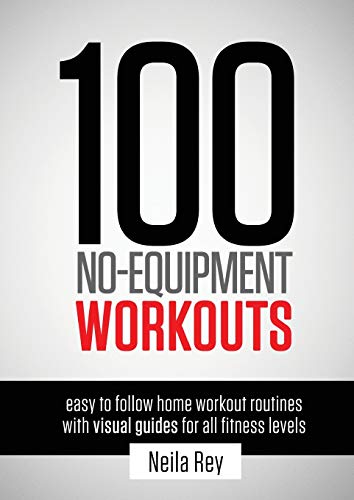HRV monitors have gained significant popularity in recent years, with more people looking to track their heart rate variability for various health and fitness purposes. But are HRV monitors good for you? This is a common question that arises when considering the benefits and potential drawbacks of using these devices.
In this article, we will delve into the world of HRV monitors, exploring their functionality, benefits, and potential drawbacks, and provide tips for getting the most out of these devices.
Key Takeaways
- HRV monitors provide insights into stress levels, aiding in stress management.
- These devices can optimize workout routines, and assist in evaluating fitness regimens.
- HRV monitoring can give a glimpse into overall healthmetrics including cardiovascular health, sleep, and well-being.
- Despite their benefits, over-reliance and false readings might pose potential drawbacks.
Understanding HRV Monitors
HRV monitors, short for Heart Rate Variability monitors, are wearable pieces of technology designed to keep track of the intervals between your heartbeats. The aim is to provide a clear indication of how well your autonomic nervous system is functioning; the interplay and variance in time intervals between beats offers a window into this system’s capacity and resilience.
When it comes to our bodies’ reactions to stress, HRV is a determining factor. By keeping an eye on it, we can obtain a more accurate picture of our health and well-being. Moreover, you can find a handy guide on selecting the best HRV monitors, offering insight on how to choose the top monitors available based on your needs and preferences.
Benefits of HRV Monitors
HRV monitors can be a powerful tool for assessing stress levels. They can provide valuable intel into how our bodies are dealing with different forms of stress. By closely monitoring HRV, we can detect patterns that could suggest a need for beneficial lifestyle alterations to better control stress levels.
HRV monitors also play a critical role in fitness management; they can help in fine-tuning workout routines, determining the proper intensity for workouts, and tracking recovery periods. By gauging our HRV, we can adapt our fitness programs to cater to our individual needs, avoiding potential overwork.
Furthermore, these devices can be pivotal in tracking our overall health. They supply vital data regarding our cardiovascular health, sleep quality, and general well-being. Regular HRV monitoring enables us to notice potential health problems early on and take timely action.
Potential Drawbacks of HRV Monitors
HRV monitors aren’t perfect and sometimes, they may offer inaccurate readings as a result of several factors such as device positioning, movement artifacts, or subpar signal quality. As such, it’s essential to ensure correct device placement and bear in mind possible outliers when deciphering the data. Another limitation is over-reliance on technology.
While HRV monitors offer valuable health insights, it is crucial not to depend exclusively on this data. We have to remember that these devices simply offer a snapshot of our health and well-being and should be used alongside other lifestyle indicators for a well-rounded approach.
Finally, for some individuals, interpreting HRV data could lead to anxiety or stress, causing unnecessary concerns. It is fundamental to keep a balanced outlook and interpret the data within the larger context of one’s overall health and lifestyle factors, if there is a concern, certain individuals may not be suitable for HRV monitors.
Making the Most of HRV Monitors
To optimize the use of HRV monitors, several strategies can be followed. Firstly, establishing a baseline by regularly tracking your HRV for a couple of weeks gives a benchmark from which to work, leading to more precise interpretations. Secondly, keep in mind that HRV monitoring isn’t the whole picture.
Combining it with other lifestyle indicators such as sleep quality, eating habits, and physical activity levels paints a more complete portrait of your well-being. Lastly, consulting a healthcare professional could be beneficial; if you have any queries about the HRV data or need assistance interpreting the results, a healthcare provider can offer guidance and support.
Conclusion
So, are HRV monitors good for you? The answer depends on your personal goals, preferences, and how you choose to use the data they provide. HRV monitors can be valuable tools for managing stress, optimizing fitness routines, and tracking overall health. However, it is essential to interpret the data in conjunction with other lifestyle factors and not solely rely on this information.
By making informed decisions and maintaining a balanced perspective, HRV monitors can be beneficial in supporting your health and well-being journey.
Disclosure: Some of the links in this article may be affiliate links, which can provide compensation to me at no cost to you if you decide to purchase. This will help grow this site and help more people. Thank you for making a difference!




